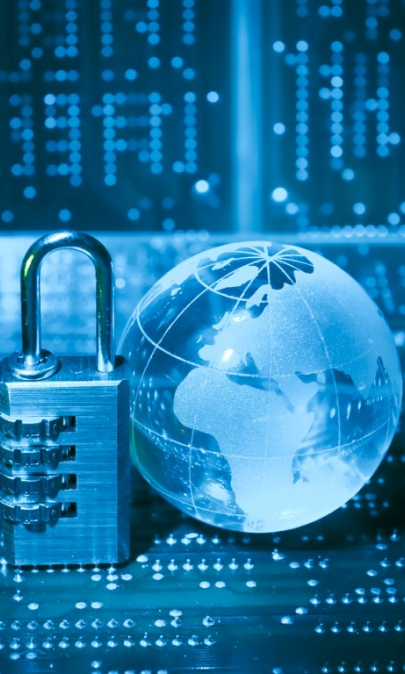
How Quantum Computing is Revolutionizing Cybersecurity
AUGUST 6, 2024
Cybersecurity has become one of the most important issues of our time with the rise of digitization and the internet revolutionizing how we live, work and play. However, it is also opening up new vulnerabilities and threat vectors for malicious actors to exploit. Conventional cybersecurity methods and solutions are struggling to keep up with the evolving nature and sophistication of cyber threats. This is where quantum computing promises to fundamentally transform the cyber landscape for the better. Let’s dive into how quantum technology is revolutionizing cybersecurity.
How Quantum Computing Changes the Game
This is where quantum computing promises to revolutionize cybersecurity for the better. With its ability to perform calculations millions of times faster than classical computers, it gives rise to game-changing new applications like quantum-safe cryptography and quantum machine learning for cyber defense.

Quantum-Safe Cryptography
Current public-key encryption standards like RSA are at risk of being cracked by future powerful quantum computers using Shor’s algorithm. This is because their security relies on the assumption that factoring large prime numbers is difficult – assumption quantum algorithms invalidate.
In contrast, quantum-safe or “post-quantum” cryptography schemes like lattice-based and hash-based techniques are mathematically secure against both classical and quantum computers. They are believed to be functionally secure for decades to come even after quantum computers capable of breaking RSA emerge.
Leading cybersecurity company experts are already starting to develop quantum-safe crypto solutions, standards and integration to future-proof enterprise and consumer security infrastructure. The National Institute of Standards and Technology (NIST) Post-Quantum Cryptography Standardization process is also underway with the aim of transitioning to quantum-resistant algorithms by 2024.
Quantum Machine Learning for Anomaly Detection
Another game-changing application is using quantum computers to power machine learning for predictive cybersecurity. Classical ML has limitations in detecting subtle anomalies and predicting hard-to-classify threats. However, quantum machine learning may prove exponentially better at such tasks leveraging the quantum parallelism of superposition and entanglement.
Quantum convolutional neural networks for example show promise for efficient detection of advanced persistent threats (APTs) and zero-days. They could potentially apprehend subtle telltale patterns in network traffic, endpoint behaviors and event logs that point to active intrusions and compute timely recommendations for action. This will help cybersecurity companies catch threats much earlier before damage occurs.

Integrated Quantum Cybersecurity Solutions
Leading cybersecurity services providers are already combining forces with quantum computing firms to develop next-gen integrated quantum cybersecurity solutions. A number of startups are taking approaches like:
- Quantum key distribution (QKD) networks for uncrackable key exchange to secure critical infrastructure and finance networks.
- Quantum random number generators to strengthen security of encryption keys, passwords, certificates etc. against vulnerability to deterministic key generation.
- Quantum signature schemes providing information-theoretic security for verifying integrity of sensitive quantum-transmitted data.
- Post-quantum cyber incident response services to safeguard organizations if quantum computers emerge that can break RSA and elliptic curves used across legacy security systems.
Final Thoughts
So, quantum computing promises nothing less than a cybersecurity revolution. By providing leap ahead solutions like quantum-safe cryptography and quantum machine learning, it has potential to future-proof our global information infrastructure against emerging threats from quantum systems. With prudent development and standards-based integration, quantum technology could deliver a cyber renaissance where security keeps pace ahead of evolving dangers for generations to come. That would be a true game-changer.